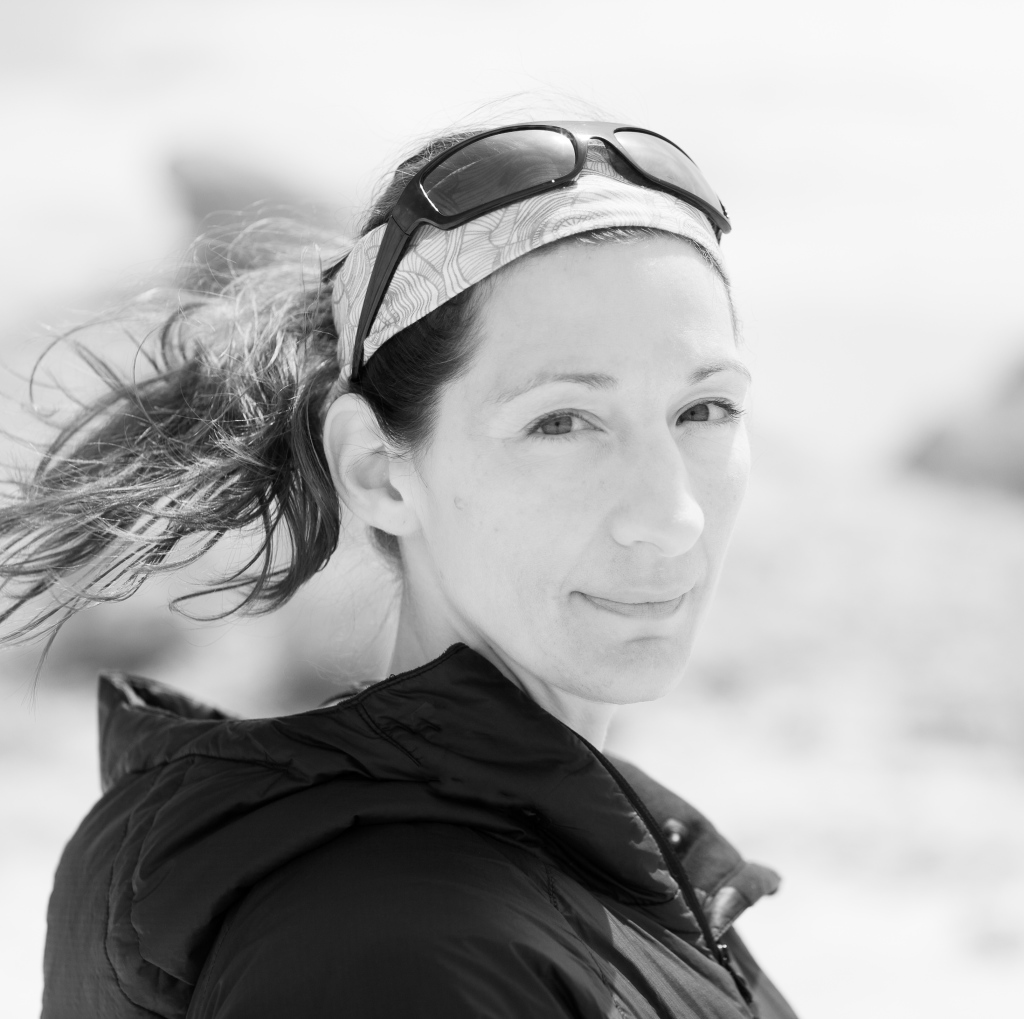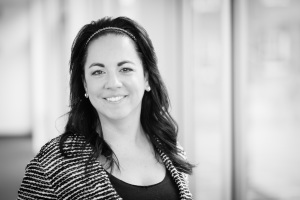 Angela Baird, a RISC mentor, answers a few questions about her experiences working with families who have recently been resettled by JFS.
Angela Baird, a RISC mentor, answers a few questions about her experiences working with families who have recently been resettled by JFS.
What made you decide to become a mentor?
I’ve always been interested in others cultures. I also feel very blessed to live in a country where I’ve had ample opportunity and where I feel safe; I don’t have to worry about my basic needs being met. I have a deep respect for how difficult it must be to move to a country where you don’t know the language, don’t have any friends or family and where everything is new and different. I liked the idea of welcoming people to the U.S.and helping them become comfortable and successful.

What do you find most enjoyable about this volunteer position?
Nearly everything! I went into the experience believing I could help a family feel welcome in the U.S., and I ended up being welcomed into their family! The experience was very intimate, meaning we discussed and navigated through deeply personal things. Health needs (physical and mental), fears and anxieties, hopes, dreams, homesickness, finances, loved ones that were left behind. I felt honored to be trusted on this level. I now consider every member of this family a member of my own, and likewise, feel a member of theirs.
What sorts of qualities should a refugee mentor have in order to help successfully transition a family?
Reliability and empathy for the difficulties refugees face are two that come to mind. These families are vulnerable when they arrive. They have experienced and witnessed things most of us could never imagine. They are in a new country where they may not know anyone, may not speak the language and even the simplest thing is done very differently. I would encourage refugee mentors to be inquisitive, kind and relentlessly reliable. You may be the difference between the family assimilating smoothly or having a rough time of it.
Please tell me about an experience you’ve had with a family that was really eye-opening.
I distinctly remember attending parent-teacher conferences with Sanaa, the mother of my family. When I arrived at the school, it looked run-down. I had come to care so much for this family and remember thinking, “This is terrible; I’m going to get them transferred to a better school!”
As we were waiting for the conference to begin, Sanaa turned to me and said, “This school is so beautiful.” I was a bit surprised so I asked, “What do you mean by that?” She went on to describe the condition of the schools in the country she came from and where she herself had been a teacher. Dirt floors, no heat or air conditioning, no water, broken windows and very few supplies. Children had to wear heavy coats, hats and mittens to class in the winter. Some students were homeless and living in tents and didn’t have proper clothing, access to medical care or food. Sanaa would often coordinate clothing drives or bring food from her own home to give to kids in her classes. The privilege of living in the U.S. never hit me as hard as it did that day.
Want to get involved? Learn more about becoming a refugee mentor.
 By Leslie Sugiura
By Leslie Sugiura
Savvy cook, extreme clam digger, urban gardener and mom to Stella the dog are just a few of the titles Leslie Sugiura keeps in rotation. She’s also the Director of Special Events for JFS where she spearheads the annual Community of Caring Luncheon.



